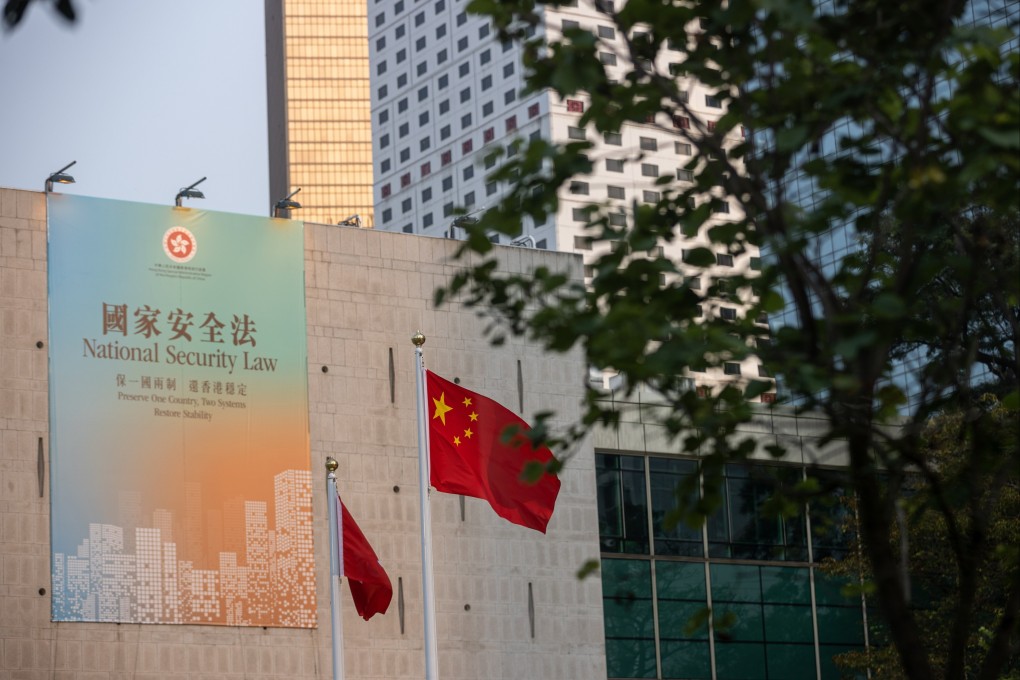EU monitored 81 court hearings of opposition activists in Hong Kong last year, rights report reveals
- In annual report on rights around the world, the bloc raises concerns over national security law and electoral reforms in Hong Kong
- Security law has created a ‘chilling effect on the exercise of previously protected rights and freedoms’, it says

The European Union has revealed it monitored 81 court hearings of opposition activists in Hong Kong last year amid what it characterised as a continuing erosion of democracy and weakening of civil liberties in the financial hub.
The 27-member bloc also stressed that one of its priorities during the past year was to offer “support to civil society, academia and the media” as the government continued its “dismantling of the one country, two systems principle”.
The EU released its “2021 Human Rights and Democracy in the World Country Reports” on Tuesday, with separate sections on mainland China, Hong Kong, Macau and Taiwan.
“The EU office and member states represented in Hong Kong monitored 81 court hearings, including the July 2020 primary election case, the major ‘unauthorised assembly’ cases of 2019 and the June 4 candlelight vigil cases of 2020 and 2021,” the report stated.